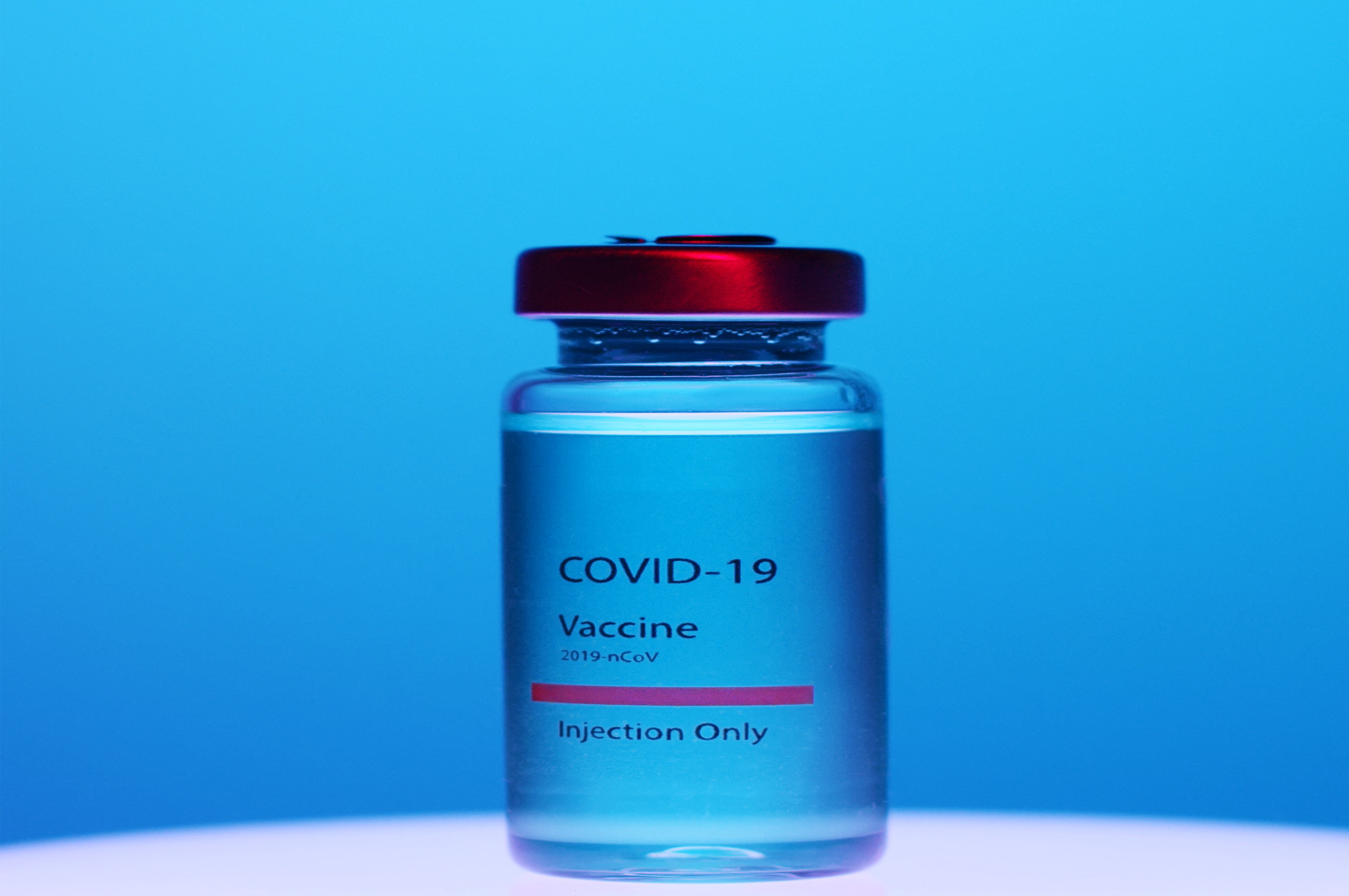We've put together a Q&A about COVID-19 vaccines to clarify some of the concerns we have heard our constituents raise.
Q: What vaccines are available?
A: As of this writing, two vaccines have been granted Emergency Use Authorization (EUA). The issuance of an EUA is different than an FDA approval (licensure) of a vaccine. In determining whether to issue an EUA for a product, the FDA evaluates the available evidence and assesses any known or potential risks and any known or potential benefits. If the benefit-risk assessment is favorable, the product is made available during the public health emergency. Once a manufacturer submits an EUA request for a COVID-19 vaccine, the FDA then evaluates the request and determines whether the relevant statutory criteria are met, taking into account the totality of the scientific evidence about the vaccine that is available to the agency. This usually takes about six months. There are several other vaccines still in clinical trials. We expect more of these to be on the market in the second quarter of the year or potentially earlier.
Q: What are the two vaccines approved under the EUA?
A: The Pfizer and the Moderna vaccines have been granted EUA. These vaccines were developed using mRNA. This vaccine gives instructions for our cells to make a harmless piece of what is called the spike protein. The spike protein is found on the surface of the virus that causes COVID-19. By teaching our cells how to make a protein - or even just a piece of a protein - an immune response inside our bodies is triggered. That immune response, which produces antibodies, protects us from getting infected if the real virus enters our bodies.
Q: Does this mRNA affect my DNA?
A: mRNA never enters the nucleus of the cell, which is where our DNA (genetic material) is kept. The spike protein breaks down and gets rid of the mRNA soon after it is finished using the instructions.
Q: What is the meaning of a vaccine having 95% efficacy?
A: Efficacy relates to the effectiveness of the vaccine; both the Pfizer and the Moderna have around a 95% efficacy. For example, in the Pfizer clinical trial with nearly 40,000 participants, 94 developed COVID-19. Of the 94, 9 were in the group that received the vaccine, and 86 were in the placebo group.
Q: Can I still get COVID-19 if I have had the vaccine.
A: Yes, there is a 5% chance that you could get it, but the severity of the disease is significantly reduced because you have had the vaccine. These vaccines were developed to prevent severe disease and death.
Q: Why do I have to wear a mask if I have been vaccinated?
A: There are two reasons. One is to protect yourself as you will still have a small chance of being infected by COVID-19, although your symptoms will be more manageable. The second is to protect others as we still do not know if a vaccinated person can carry the virus in the mucosa of their nose and not be infected themselves but infectious to others. Until we have somewhere greater than ~80% of the population vaccinated, we must all continue to use masks, practice social distancing, and regularly wash our hands. The vaccine adds one more level of protection.
Q: Was the vaccine found effective in older populations?
A: Recognizing that the highest mortality rates from COVID-19 were in populations of people over 70, the clinical trials endeavored to include large numbers of these people. For example, the Moderna trial had more than 30,000 participants, with more than 7,000 over age 65. Of those, more than 4,000 were over 75 years of age. With nearly 25% of the trial population representing older adults, it appears there is sound data for its efficacy in this population. Pfizer’s numbers were comparable but included 55 years and older as its sampling of older adults.
Q: What are the most important things I can do to end this pandemic?
A: Getting vaccinated is one of the most important additional steps you can take to protect yourself and others from COVID-19. Protection from COVID-19 is critically important because, for some people, it can cause severe illness or death.
Stopping a pandemic requires using all the tools available. Vaccines work with your immune system, so your body will be ready to fight the virus if you are exposed. Other steps, like masks, hand washing, and social distancing, help reduce your chance of being exposed to the virus or spreading it to others.
To learn more about development of COVID-19 vaccines, click here to view the COVID-19 Prevention Network overview.

 Donation
Donation
